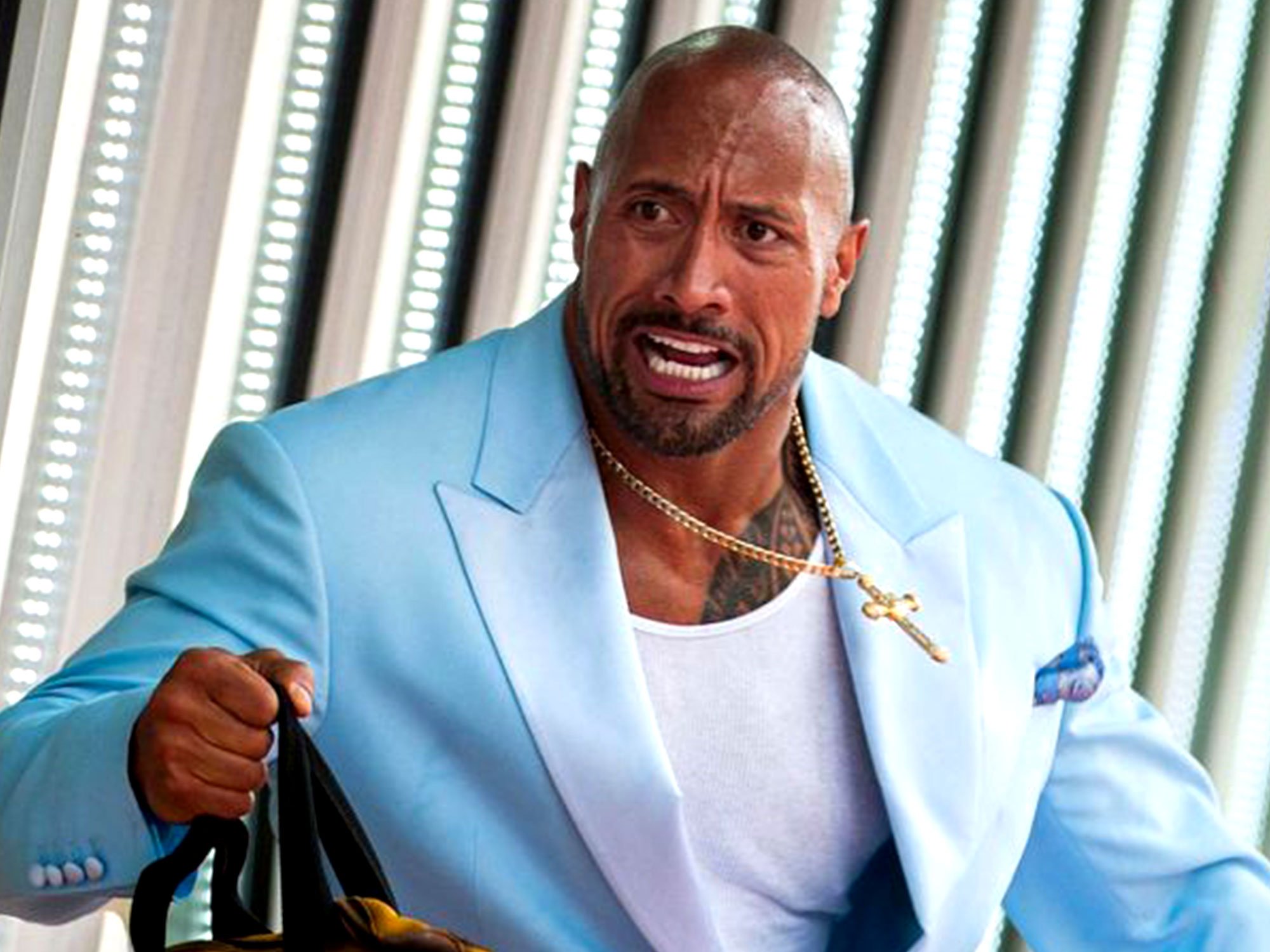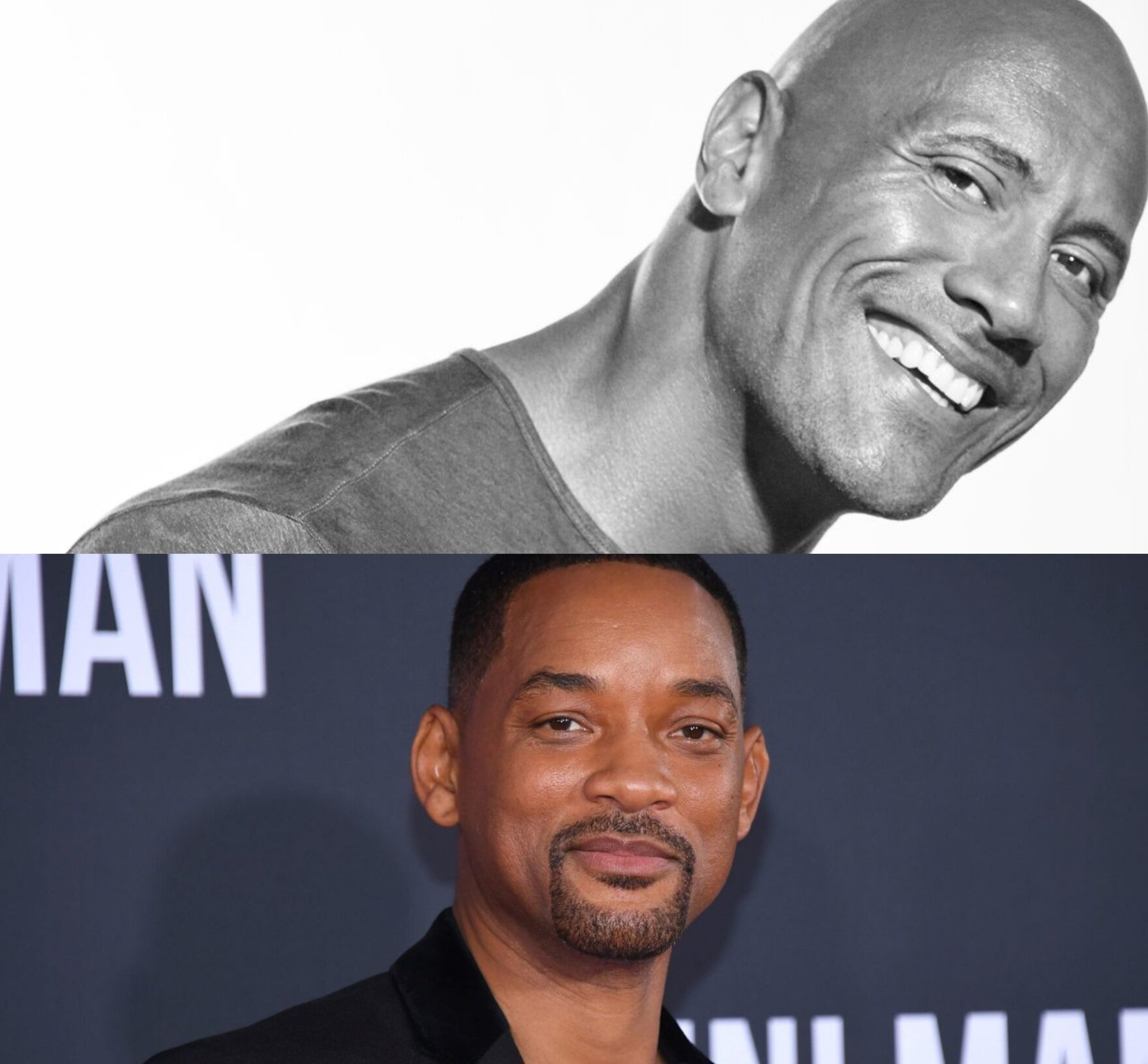I would start with the movie that would jump start the Rock’s current run as an international superstar and change the shape and direction of his career; “The Fast and the Furious”. I find it interesting that the Rock movie with the most cultural cache and significance to date is the one movie he wasn't really the star of when he joined it and thus had to leave it because the other guy knew his value and wasn't budging. Vin Diesel and co. had by that time had begun the successful transition of this garage band movie into a box office juggernaut that acted more like a Bond film. One that just won't quit no matter how much some of us may want them to. Very few of the F&F films if any are well made films, but they're a boat load of fun, and they know what they are. They found an audience and then rode it. If it sounds similar it's probably not by accident and it may be (at least subconsciously) what attracted The Rock to the franchise, but that also tells you a lot about the Rock's philosophical leanings as it pertains to art and business. Everything post F&F for the Rock captures almost none of what makes Fast and the Furious magical; that it walks that line between B-movie and A-actioneer so well the only thing suggesting it isn’t is the budget, and that every installment is very committed and very earnest work, whereas that can be said of the Rock, but not his films after F&F. Most of which aren't very fun, are rather cynical, and worse still predictable because they’re cynical. They’re drained of any of the sense of compass the fast and furious have because they lack personality. The movies are ad vehicles for selling the dead to us. Retro video games, a well remembered Robin Williams starrer, the nostalgia of old Disney, The Rock as a stand in for Arnold Schwarzenegger, all of which are gone and are definitely in no way present in the novelty cups as movies that he keeps pushing out on an assembly line. That is what a brand is supposed to be it seems; predictable by way of reliability and most importantly aversion from risk, but it's the exact wrong lesson to take from the F&F franchise. As dumb as the Fast and Furious movies are they are anything but predictable, unless you mean the only predictable thing about them; that each installment will be wilder than the next. They took a risk changing the entire mood, tone, feel of the first few installments, into something so massive in scope and still small in feel. The Rock’s efforts outside that franchise are tame, tepid, sexless, and boring, they don't even have the good sense to be schlock. The promise with each installment is that one will be more forgettable than the other.





